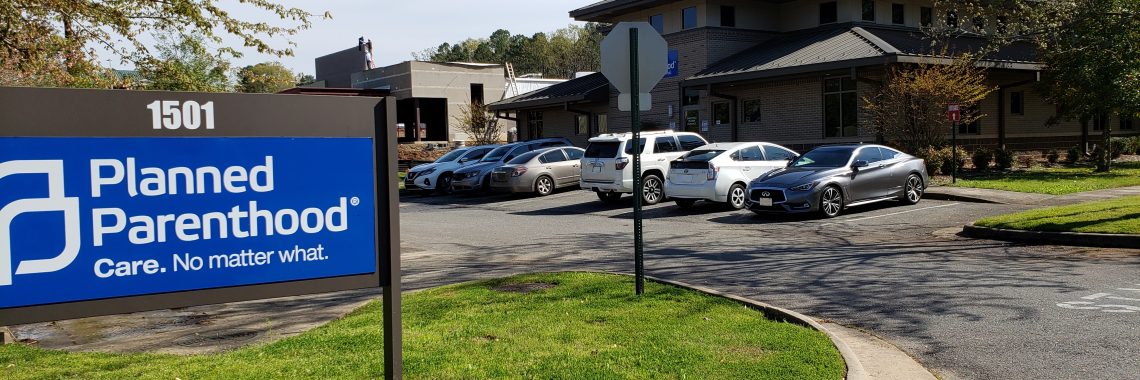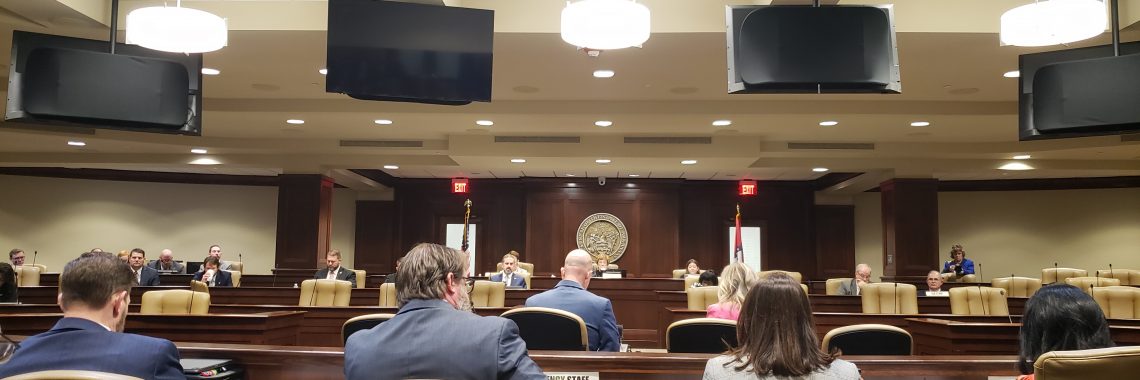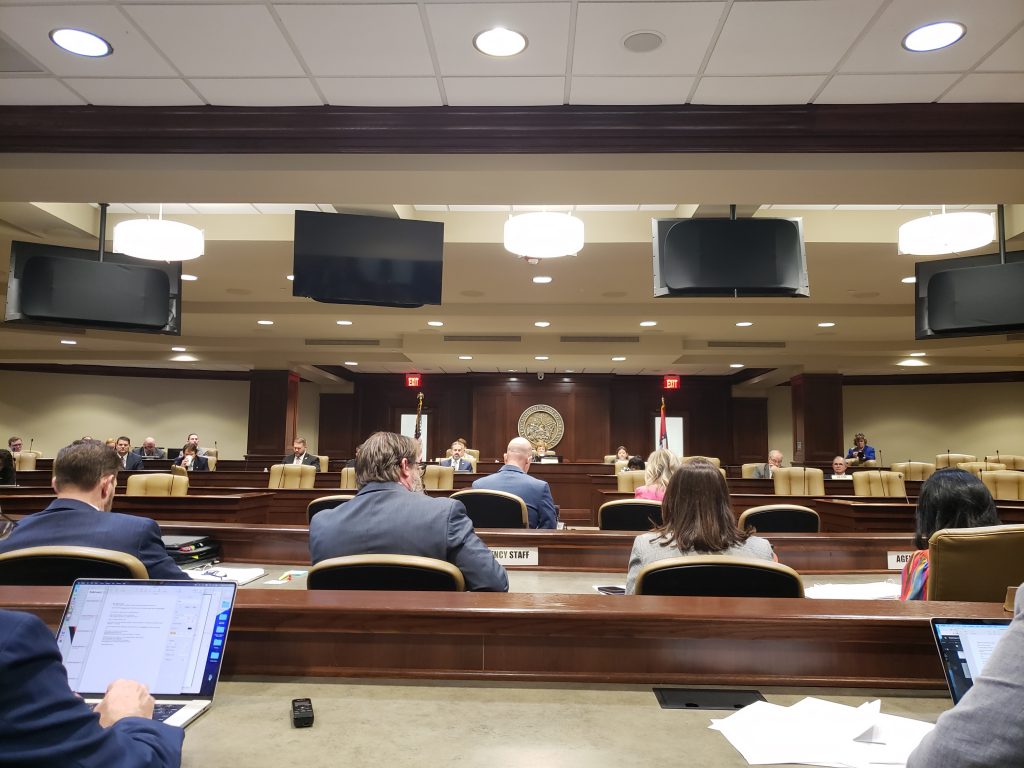Arkansas Senate Narrowly Passes Bill Allowing Self-Serve Alcohol in Bars

On Wednesday the Arkansas Senate narrowly passed a bill authorizing alcohol sales at bars and restaurants via self-service vending machines.
S.B. 475 by Sen. Joshua Bryant (R – Rogers) amends Arkansas’ law prohibiting alcohol sales via vending machine.
The bill authorizes self-serve machines that dispense beer, wine, mixed drinks, and distilled spirits for on-premises consumption in bars and restaurants.
S.B. 475 would authorize self-serve bars and taprooms in Arkansas as other states have done.
Under S.B. 475, patrons would be provided with an radio frequency identification device device (RFID) — such as a bracelet with an RFID in it — that they could scan to activate the self-serve machine.
A person would be able to self-serve up to 32 ounces of beer, 12 ounces of wine, ten ounces of mixed liquors, or three ounces of unmixed, distilled spirits before the RFID would require reactivation by an employee at the bar or restaurant.
Among other things, self-serve alcohol consumption at bars and restaurants raises concerns about oversight and about ensuring that patrons aren’t over-served.
S.B. 475 now goes to the Arkansas House of Representatives for consideration.
The Following Senators Voted For S.B. 475
- J. Boyd
- J. Bryant
- B. Davis
- J. Dismang
- J. English
- Flippo
- Hickey
- Hill
- Irvin
- B. Johnson
- M. Johnson
- G. Leding
- M. McKee
- R. Murdock
- J. Payton
- C. Penzo
- J. Petty
- C. Tucker
- D. Wallace
The Following Senators Voted Against S.B. 475
- A. Clark
- Crowell
- Dees
- J. Dotson
- S. Flowers
- K. Hammer
- Hester
- F. Love
- Rice
- Stone
- G. Stubblefield
- D. Sullivan
The Following Senators Voted “Present”
- L. Chesterfield
- Gilmore
The Following Senators Did Not Vote
- Caldwell
- B. King
Articles appearing on this website are written with the aid of Family Council’s researchers and writers.





